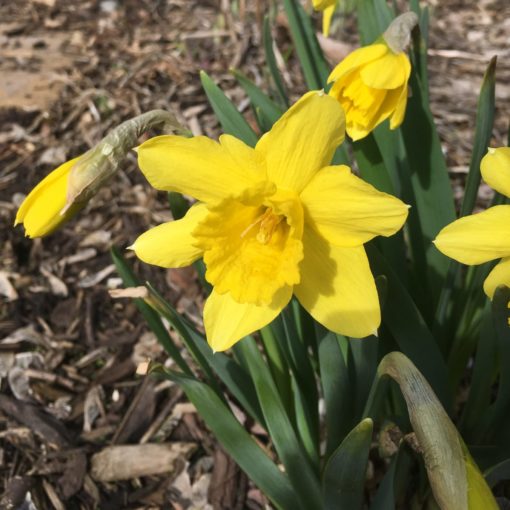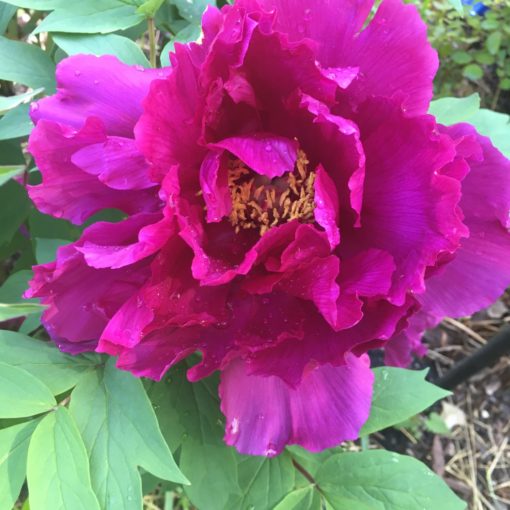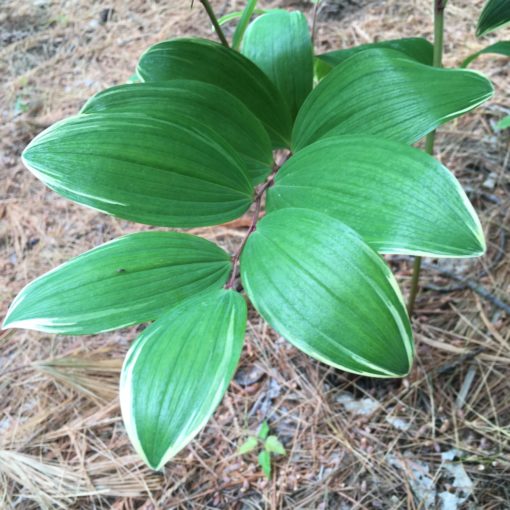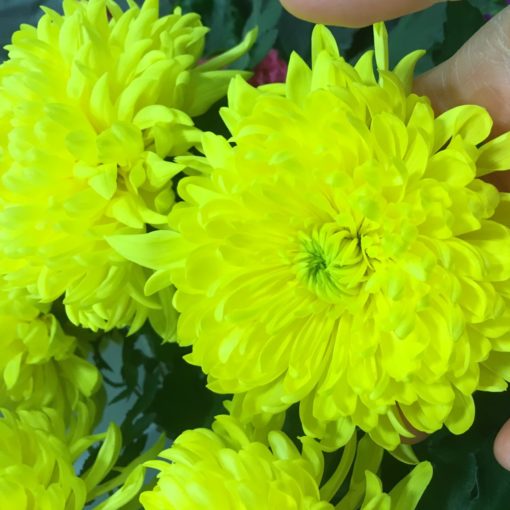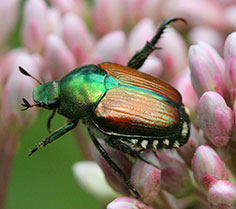
photo from California Department of Food and Agriculture
If you have a single ornamental plant in your garden, one container on your apartment balcony, or have ever parked your car under a street light on a warm summer evening than you know what a Japanese beetle is, and that we have plenty of them in Minnesota. If you happen to live in a cave in Siberia, perhaps look elsewhere for gardening blog content.
Japanese beetles, as their name indicates, are an invasive beetle from Japan, having been brought here accidentally in the 1920’s. Their shiny green and copper coloring make them relatively easy to identify, and their reputation certainly precedes them as their appetite for nearly all perennial and annual garden plants in Minnesota make them one of the most noxious pests in our gardens.
Not happy to limit themselves to being a pest in only one life stage, Japanese beetle larva prey on turfgrass in their infancy, leaving brown dead patches in lawns to show where they are hiding. If you must treat them chemically, this stage is the ideal time to do so, as their presence in lawns is somewhat specific, rather than their general presence in adulthood.
As adults, Japanese beetles seem to enjoy eating just about everything, over 300 different species are victims of its appetite. Flowers and foliage tend to be their favorite foods by far, though very young and tender plants can be eaten entirely to the ground if populations are large and food sources selective. Roses are often stripped of blooms and leaves by voracious adults.
There are various controls available to the home gardener, including traps and sprays to combat the tiny terrors. While they are widely available, most professional groups and researchers maintain that the best defense against Japanese beetles is hand removal of adults that are observed on individual plants. Traps utilize a synthetic hormone that actually attracts more beetles to the location than it can reasonably trap, creating a greater concentration of Japanese beetles than would have been present otherwise. Pesticide sprays have noted impacts on other beneficial insects, so they are also not recommended.
More information about Japanese beetles and their range in Minnesota, as well as evidence-based practices for their control, can be found at the U of M Extension website: https://extension.umn.edu/yard-and-garden-insects/japanese-beetles
Image from the University of Minnesota Extension.

